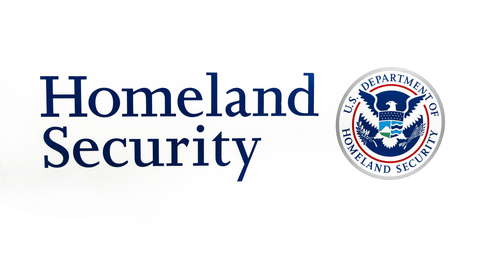
If you were part of a Department of Homeland Security Office of the Inspector General investigation at some time between 2002 through 2014, DHS wants you to know that you may be a breach victim. Unfortunately, due to “technological” issues, it seems that DHS can’t directly contact you to alert you, so read on…..
A few more details have emerged in the matter of a breach involving the Department of Homeland Security. The breach, which involved the May discovery of an unauthorized copy of DHS’s investigative case management system in the possession of a former DHS OIG employee, was first reported in November by USA Today
Joseph Marks reports that the Inspector General has now confirmed that the breach affected more approximately 247,167 DHS employees, but DHS has now also revealed that the breach impacted non-employees who contacted or interacted with the department: “individuals (i.e., subjects, witnesses, and complainants) associated with DHS OIG investigations from 2002 through 2014 (the “Investigative Data”).”
DHS’s statement can be found on their site. Of note, DHS writes:
The privacy incident did not stem from a cyber-attack by external actors, and the evidence indicates that affected individual’s personal information was not the primary target of the unauthorized exfiltration.
Affected individuals are being offered 18 months of free credit monitoring and identity protection services.
But of course, there are lots of raised eyebrows that the agency responsible for protecting our homeland from terrorist attacks and the like had an insider breach that went unprevented and undetected until May of this year. In response to the incident, DHS notes:
The Department of Homeland Security takes very seriously the obligation to serve the Department’s employees and is committed to protecting the information in which they are entrusted. Please be assured that we will make every effort to ensure this does not happen again. DHS is implementing additional security precautions to limit which individuals have access to this information and will better identify unusual access patterns. We will continue to review our systems and practices in order to better secure data. DHS OIG has also implemented a number of security precautions to further secure the DHS OIG network.
Will their changes also enable them to identify and notify any non-employees who might get caught up in any future breaches? Shouldn’t the agency have some way of doing that unless someone was a confidential witness who did not provide their real details in dealing with the agency – or something like that?